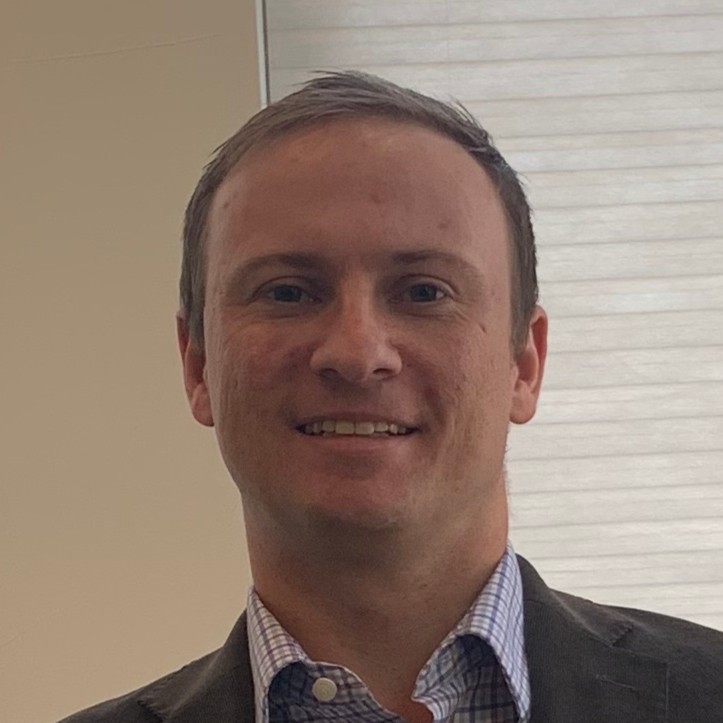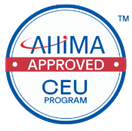






This program has been approved for continuing education unit(s) (CEUs) for use in fulfilling the continuing education requirements of the American Health Information Management Association (AHIMA). Granting of Approved CEUs from AHIMA does not constitute endorsement of the program content or its program provider.